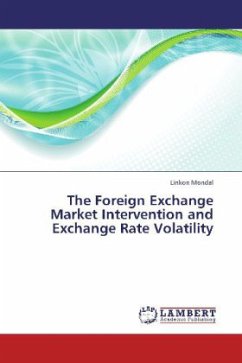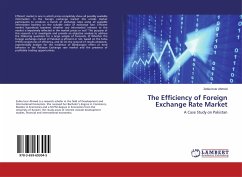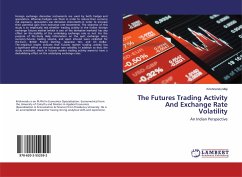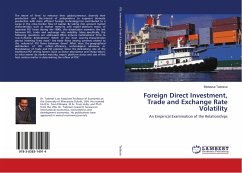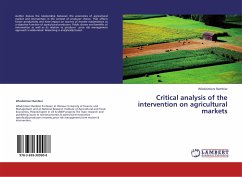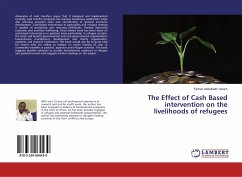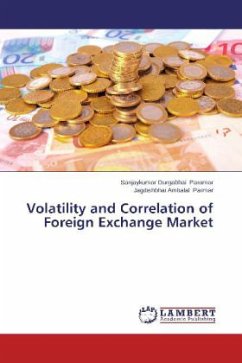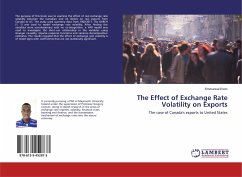Liberalization of capital account and financial sector reforms in recent decades has significantly increased the volume of short-term and speculative portfolio capital flows across the border, which led to more volatility in the behaviour of exchange rates. Under the circumstances, the Reserve Bank of India (RBI) obligated to intervene in the foreign exchange market. Therefore, this book aims to investigate empirically, the effectiveness of the RBI s intervention in the foreign exchange market. Findings show that both buying and selling interventions reduce exchange rate volatility. However, the estimates of BEKK model show that both buying and selling interventions trigger exchange rate volatility. If the intention of intervention is to minimize the exchange rate volatility, the size and direction of intervention must be optimally decided and the intervention must be undertaken in appropriate times. Moreover , news have increased exchange rate volatility and therefore, the RBI needs to take news into account for decision making regarding exchange rate management as they tend to affect capital flows with its attendant consequences on exchange rate.
Bitte wählen Sie Ihr Anliegen aus.
Rechnungen
Retourenschein anfordern
Bestellstatus
Storno

